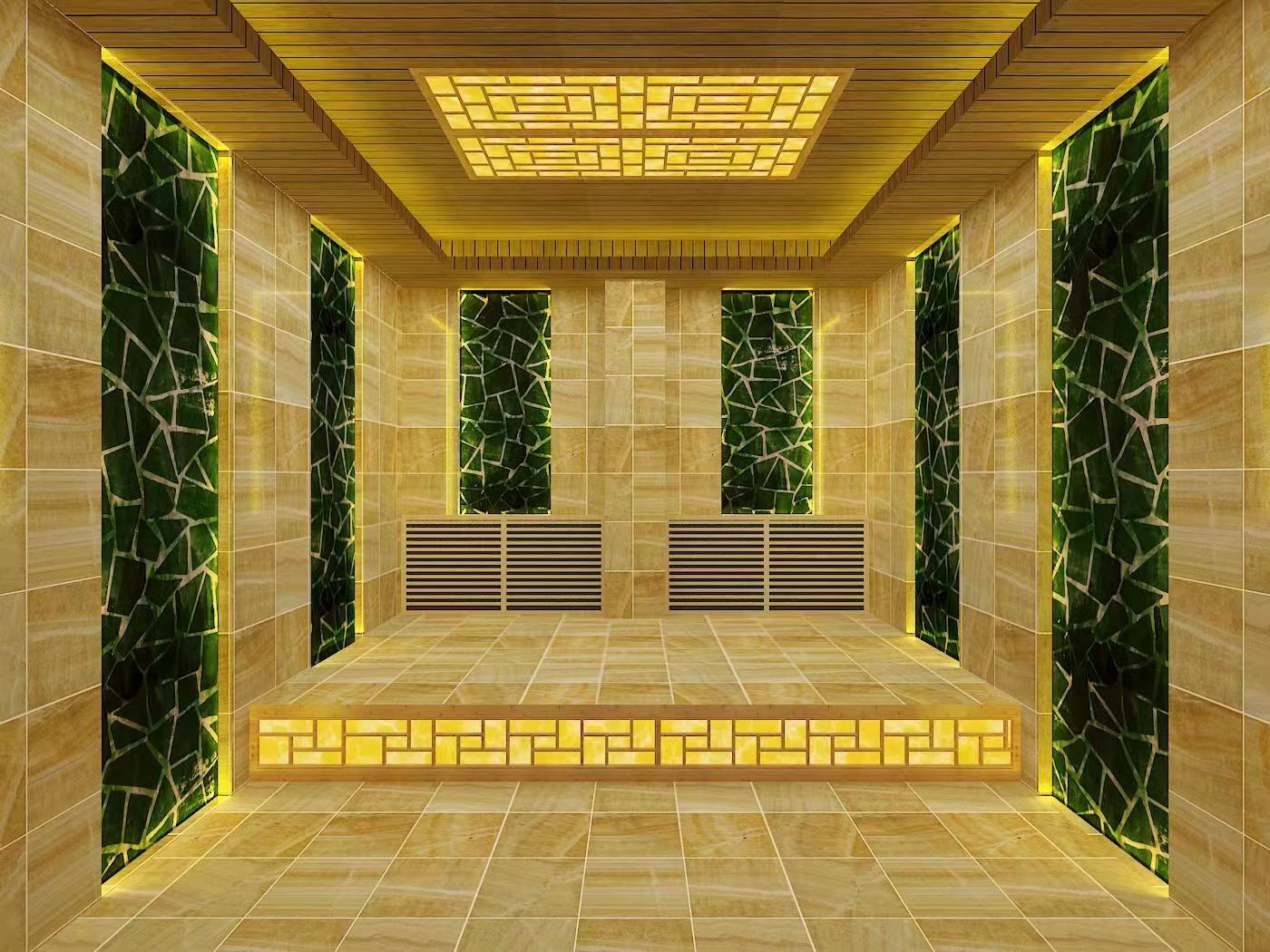
Saunas are popular spaces for relaxation and rejuvenation. When it comes to choosing the flooring material for a sauna, stone and tile are common considerations. In this article, we will explore whether they are suitable options and identify which ones offer slip-resistance.
Stone can be a viable choice for a sauna floor due to its durability and heat resistance. Natural stones like granite and marble are known for their strength and ability to withstand high temperatures. They can add a touch of elegance and luxury to the sauna environment. However, not all stones are equally suitable. Some stones may be porous, which could absorb moisture and potentially cause issues over time. For example, limestone is relatively porous and may not be the best option as it could be more susceptible to damage from the humid sauna atmosphere.
Tile is also a popular option for sauna floors. Ceramic and porcelain tiles are commonly used. They offer a wide range of styles and colors, allowing for customization to match the overall design of the sauna. Tiles are generally easy to clean and maintain. Porcelain tiles, in particular, are highly durable and resistant to moisture and heat. They can handle the warm and humid conditions inside a sauna well. However, it's crucial to ensure that the tiles are properly installed to avoid any gaps or unevenness that could pose a safety hazard.
When it comes to slip-resistance, both stone and tile have options that can provide a safer surface in the sauna. For stone, honed or textured finishes are better than polished ones. A honed granite or marble surface has a less slippery feel. Some types of natural stone also come with anti-slip treatments that can be applied during installation.
In the case of tiles, there are specific slip-resistant tiles available in the market. These tiles are designed with special textures or coatings to increase friction and prevent slipping. Look for tiles with a high coefficient of friction (COF) rating. Tiles with a rough or matte surface tend to offer better grip compared to smooth, glossy ones. Additionally, some manufacturers produce tiles with anti-slip additives incorporated into the material itself, providing long-lasting slip resistance.
Regardless of whether you choose stone or tile for the sauna floor, proper installation is key. The floor should be laid evenly to prevent tripping hazards. Adequate drainage should also be considered to avoid water pooling. If using stone, make sure it is sealed properly to protect against moisture absorption. For tile installation, use high-quality adhesives and grouts that are suitable for sauna environments. It's also advisable to leave expansion joints to accommodate any thermal expansion that may occur.

